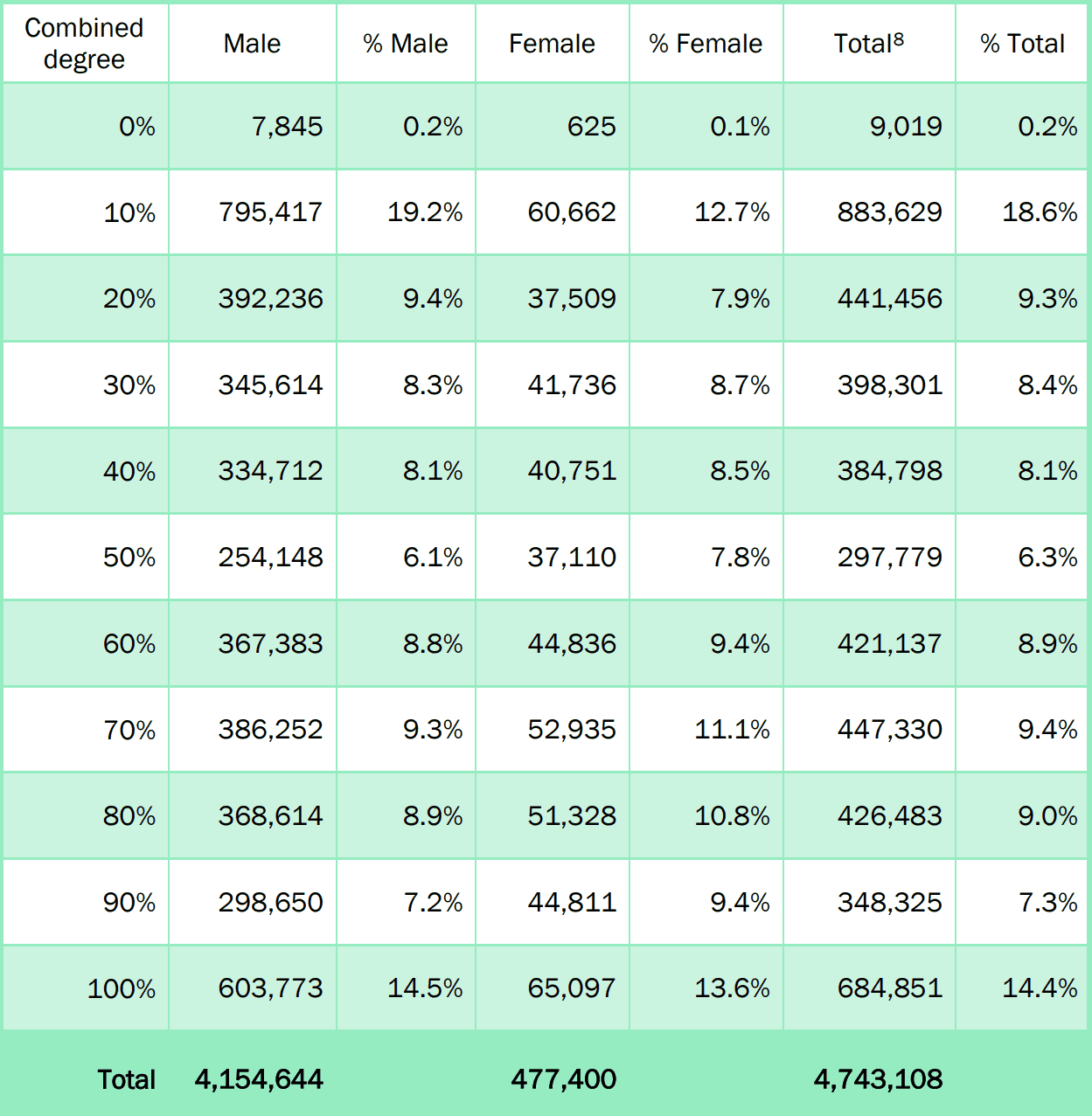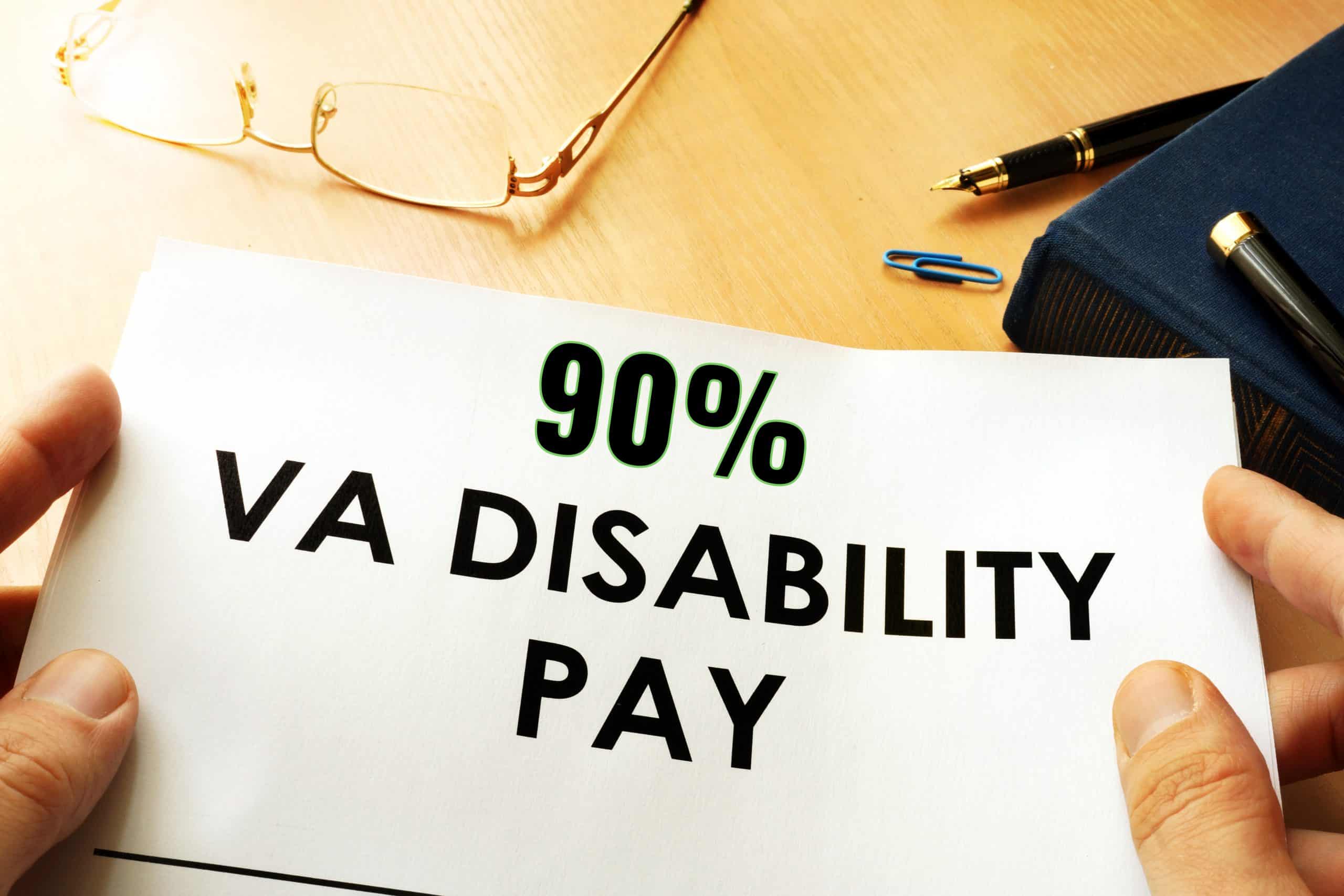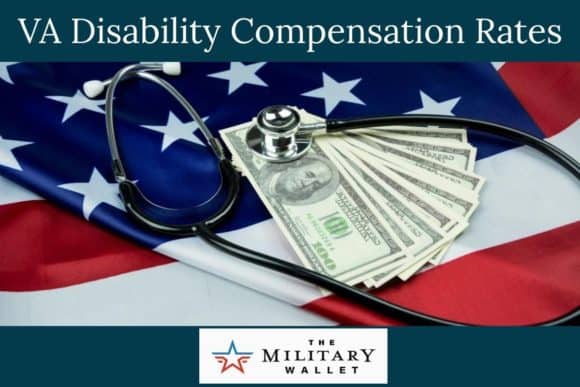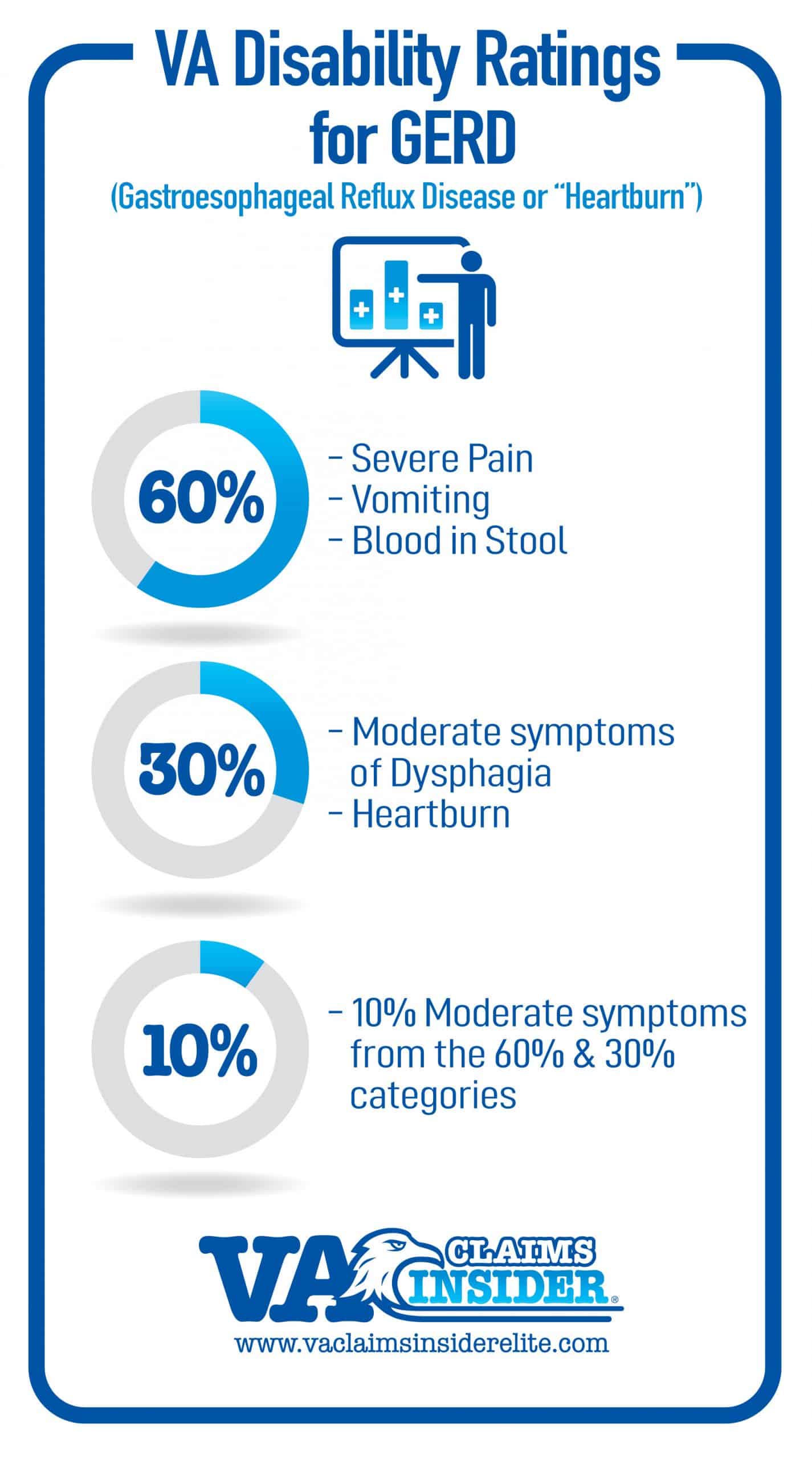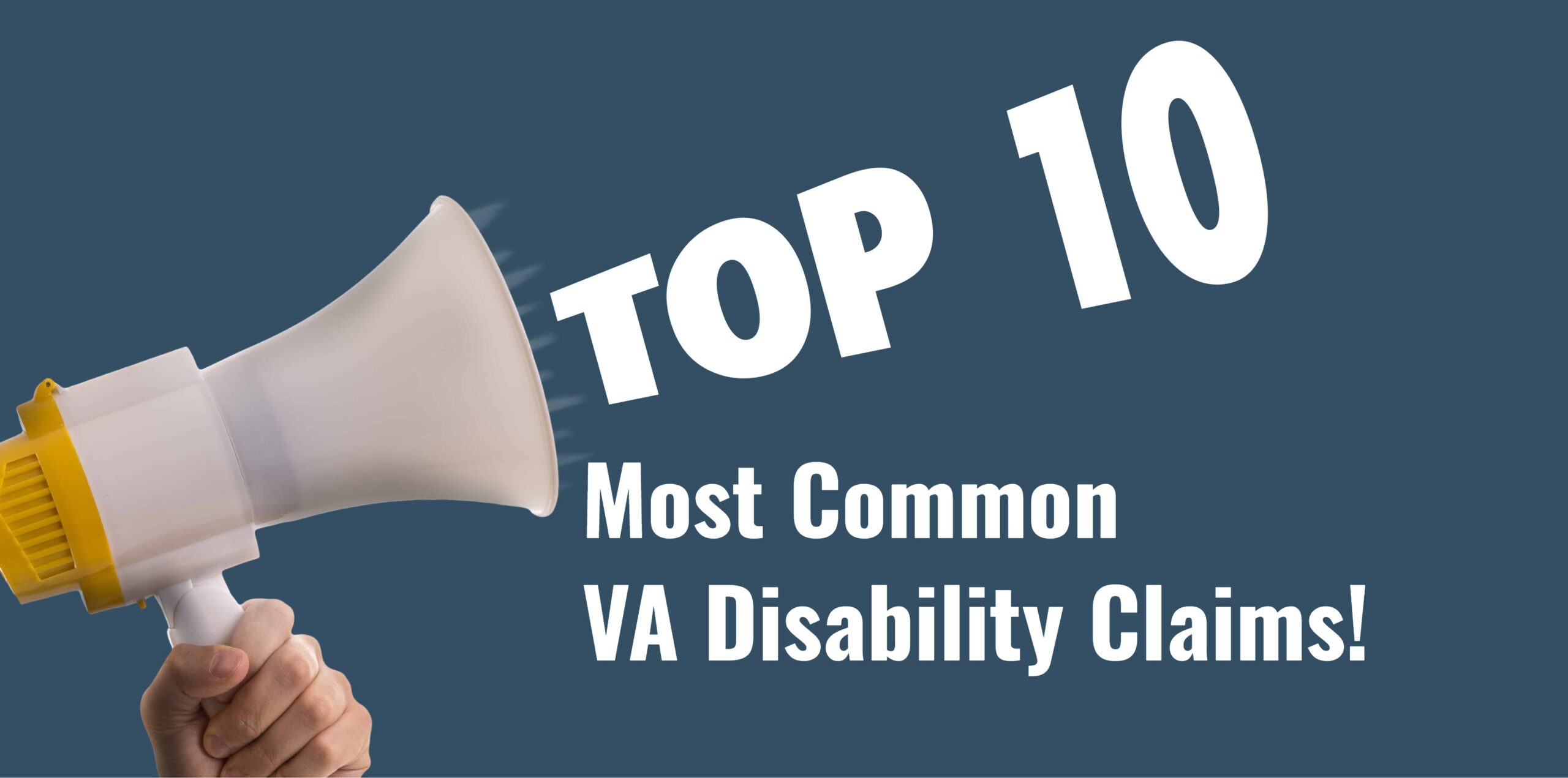What Is Va Disability Rating For High Blood Pressure
If you're searching for picture and video information linked to the key word you've come to pay a visit to the right blog. Our site gives you hints for viewing the highest quality video and picture content, hunt and find more informative video articles and images that fit your interests.
comprises one of tens of thousands of movie collections from various sources, especially Youtube, therefore we recommend this video for you to view. This site is for them to stop by this site.

0 percent disability rating.
What is va disability rating for high blood pressure. You can make an application for VA disability compensation online by filing an Application for Veterans Compensation andor Pension or you can call your VA regional office. While the Mayo Clinic states hypertension is diagnosed with a systolic pressure of at least 130 mm Hg or a diastolic pressure of at least 80 mm Hg VA regulations require an average systolic pressure of at least 160 mm Hg or an average diastolic pressure of at least 100 mm Hg to receive VA disability for hypertension. Considerable medical evidence has shown that reducing your blood pressure can contribute to a significant reduction in risk for stroke among veterans. When the level of METs at which dyspnea fatigue angina dizziness or syncope.
As of December 1st 2020 the VA disability rate benefit amounts are as follows. How to Apply for Disability for your Heart Condition. We submit to the VA articles from peer reviewed medical journals that explain the connection between having PTSD and high blood pressure to augment our claim and increase the chances that the disability is granted. I have a CP for hypertension secondary to PTSD scheduled for this wed.
20 percent disability rating. Once you let our team know about your new condition we then file a new claim for high blood pressure secondary to PTSD. One MET metabolic equivalent is the energy cost of standing quietly at rest and represents an oxygen uptake of 35 milliliters per kilogram of body weight per minute. According to VA medical research hypertension is one of the most common chronic condition in veterans affecting more than 37 of the veteran population.
For VA disability rating purposes the term hypertension means that the diastolic blood pressure is predominantly 90mm or greater and isolated systolic hypertension means that the systolic blood pressure is predominantly 160mm or greater with a diastolic blood pressure of. 10 percent disability rating. Veterans with hypertension can be assigned ratings ranging from 0 percent to 60 percent. VA Disability Rating for High Blood Pressure The hypertension VA rating depends on the severity of your high blood pressure.
The VA using the 38 CFR 7101 Hypertensive Vascular Disease criterion. High Blood Pressure is a Silent Killer. 60 if your diastolic pressures usually 130 or higher the top number 40 if your diastolic pressures consistently 120 or higher. It is present if the diastolic blood pressure the bottom number is 90 or more and systolic pressure top number is 140 or more or if both are present.
Evaluate cor pulmonale which is a form of secondary heart disease as part of the pulmonary condition that causes it. The Code of Federal Regulations CFR describes the rules from the Federal Government. Any veteran who requires medication to control their service-connected blood pressure may obtain at least a ten percent disability rating while a diastolic pressure reading of at least 130 may warrant a 60 percent disability rating. Hypertension is described as high arterial blood pressure.
The questionnaire states that for the VA disability rating purpose the term hypertension means that the diastolic pressure is predominantly 90mm or greater and isolated systolic hypertension means that the systolic blood pressure is predominantly 160mm or greater with a diastolic blood pressure of less than 90 mm. Below are the ratings that determine your VA high blood pressure compensation according to the agencys Schedule for Rating Disabilities page. A VA-accredited attorney can help former servicemembers whose hypertension claims have been denied accumulate more substantial evidence in support of their applications.


